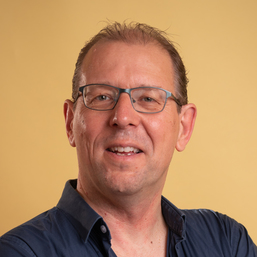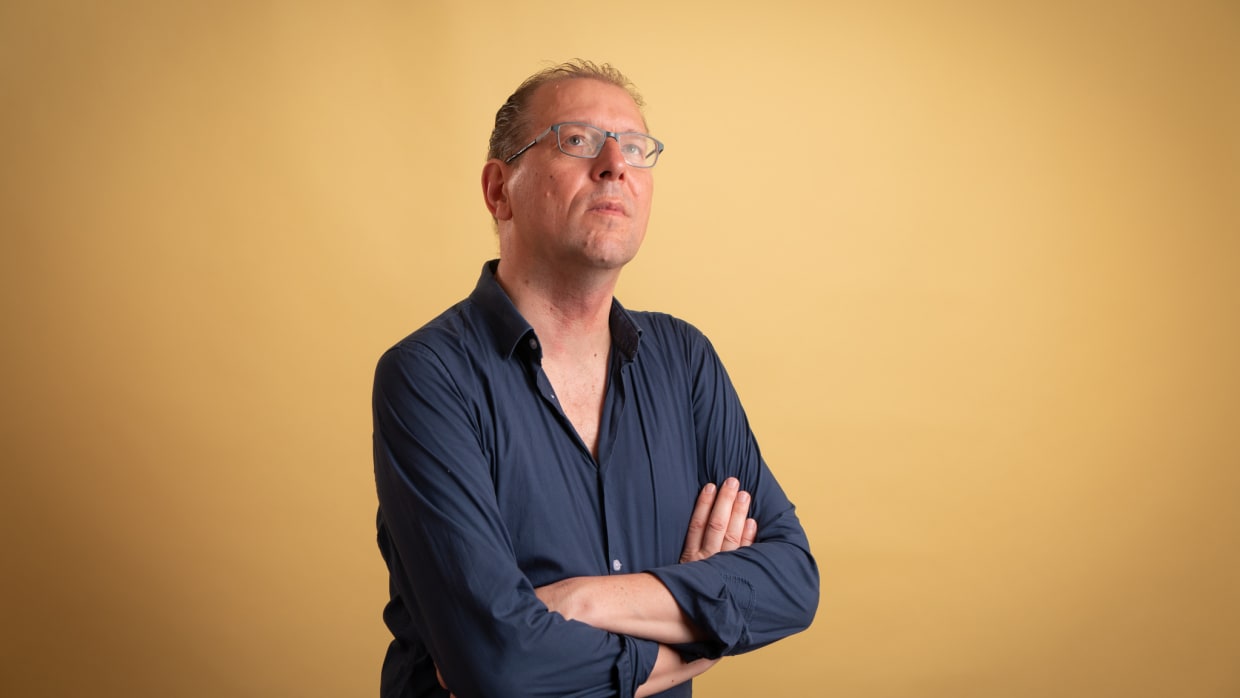
Rens Bod | Ode to Education
October 5 was International Teacher's Day, celebrating the power and splendor of teaching. Despite all the lip service to the New Recognition and Appreciation, the day passed silently by at the UvA, when every day we try to get the best out of our students by training them to become accomplished researchers.
All education begins with the transfer of knowledge. But only when a student understands how the knowledge gained can be used to solve problems and create new knowledge do we know how to get the best out of that student. Almost every teacher knows how tough and laborious this process can be. It is already enormously ambitious to teach students how to learn a particular discipline. The next step is to teach how to solve state-of-the-art problems with the knowledge gained. Gaining new knowledge and considering it critically go one step further and are probably the highest achievable results. How best to teach these skills remains an open question. Enthusiasm and encouragement by the teacher are a prerequisite, but inspiring interaction with fellow students is at least as important.
In the history of education, the effort to have students do their own research was marginal for centuries. More than anything else, students were not supposed to have ideas that were too original. The goal of university education was not to "get the best out of students" but to "put the best in students." Only with the introduction of the research university in the nineteenth century do we see a different picture: criticism is introduced into education as a method. Wilhelm von Humboldt (1767-1835) even ensured that criticism was institutionalized not only in teaching but also in research. In doing so, he forged a unity between teaching and research that has endured for two centuries.
Unprecedented success
According to Humboldt, mere knowledge transfer was insufficient. To obtain a university degree, students also had to be able to create new knowledge themselves and critically examine it, such as by devising new experiments (in the natural sciences) or by comparing multiple sources (in the humanities). This happened not in the lecture hall but in seminars, working groups and laboratories where students interacted with real-world research.
Today, research-driven education is taken for granted, but at the beginning of the nineteenth century it was revolutionary. For the first time, students were not just passive listeners but were engaged in their own research. Consequently, the research university was an unprecedented success story: it spread throughout the world. Laboratories and university collections were established at lightning speed, and science became an integral part of society.
Grand celebration
So yes, the university trains students to become researchers, which is considered the highest achievement. But everything starts with education. Without education, there are no researchers. And that is why we should honor International Teacher's Day as a grand celebration for all university employees - the faculty, researchers and support staff who collectively make the university possible.
Rens Bod is professor of Digital Humanities at the UvA.

